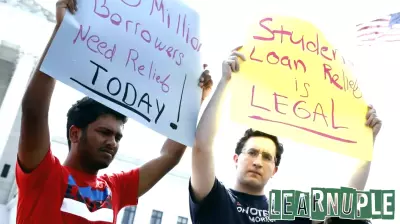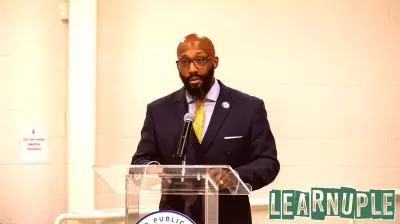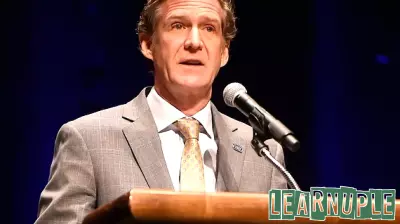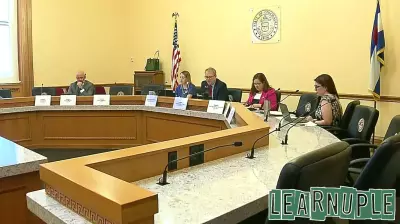April 21, 2025 - 16:43
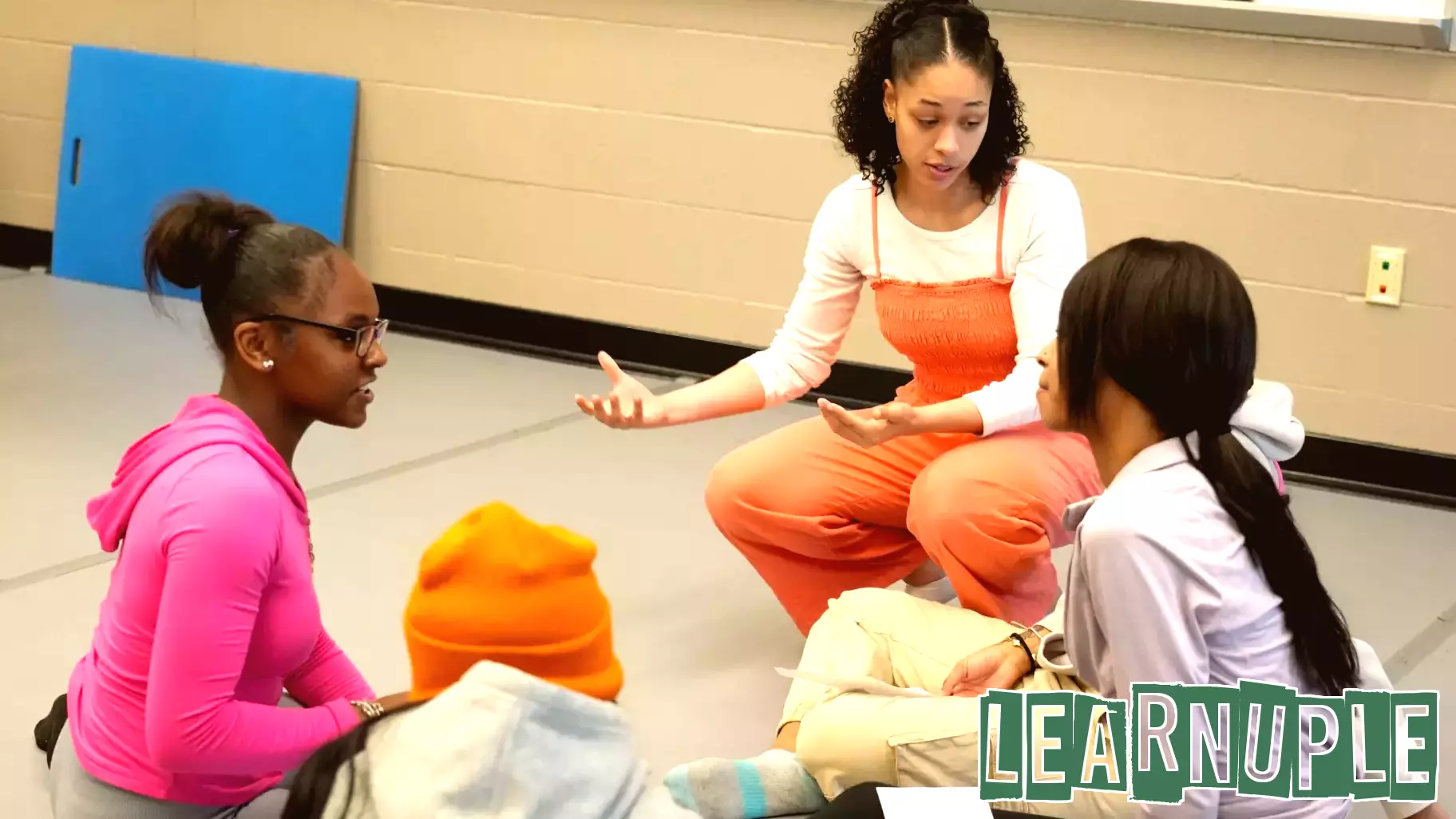
In recent discussions surrounding the role of teachers' unions, a growing sentiment has emerged that these organizations may not be serving the best interests of educators. Critics argue that instead of focusing on the welfare and professional development of teachers, unions often prioritize political agendas that do not resonate with all members.
Many educators feel that their union dues are being utilized to support initiatives and policies that they personally oppose. This has led to a significant divide within the teaching community, as some believe that unions should be advocates for teachers' rights and working conditions, rather than political entities.
The perception that unions are more invested in political activism than in addressing the immediate concerns of teachers has sparked a debate about the future of these organizations. As educators seek to reclaim their voices, the question remains: how can unions evolve to better represent the diverse views and needs of their members? The challenge lies in balancing advocacy for teachers with the varied political beliefs that exist within the profession.
